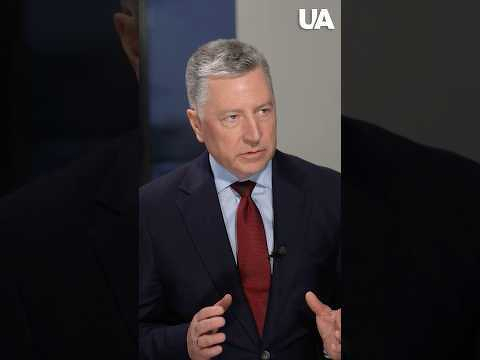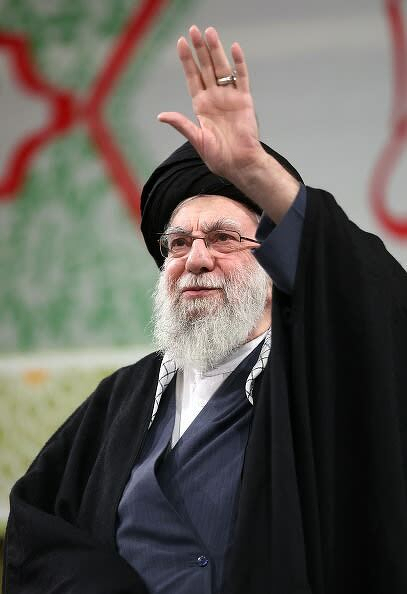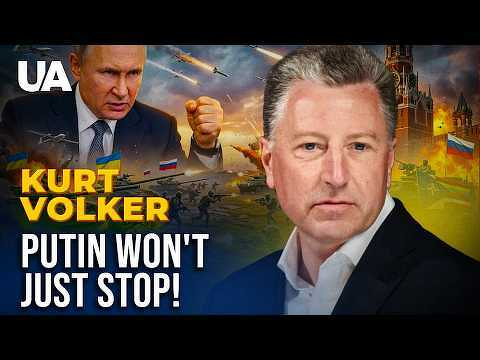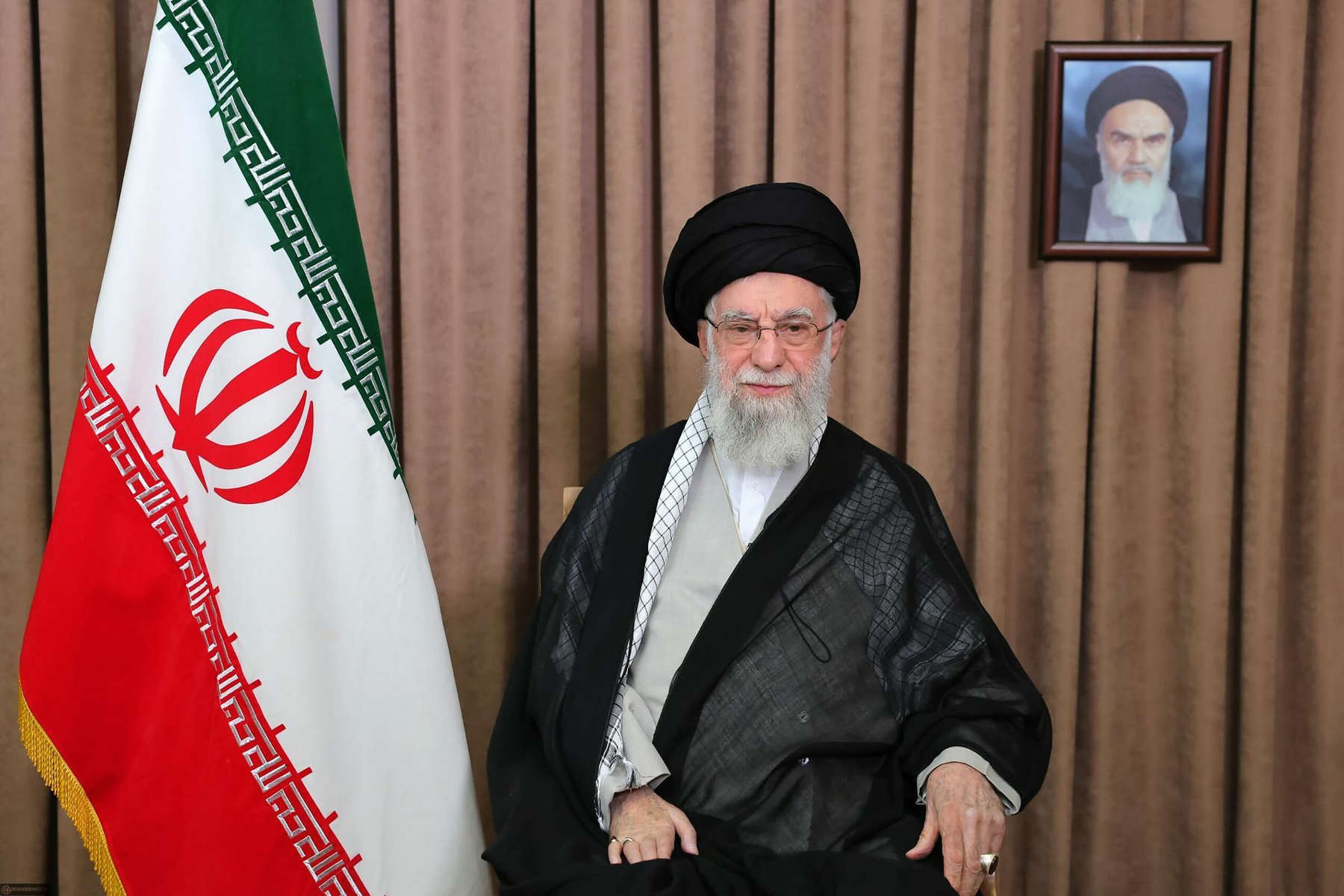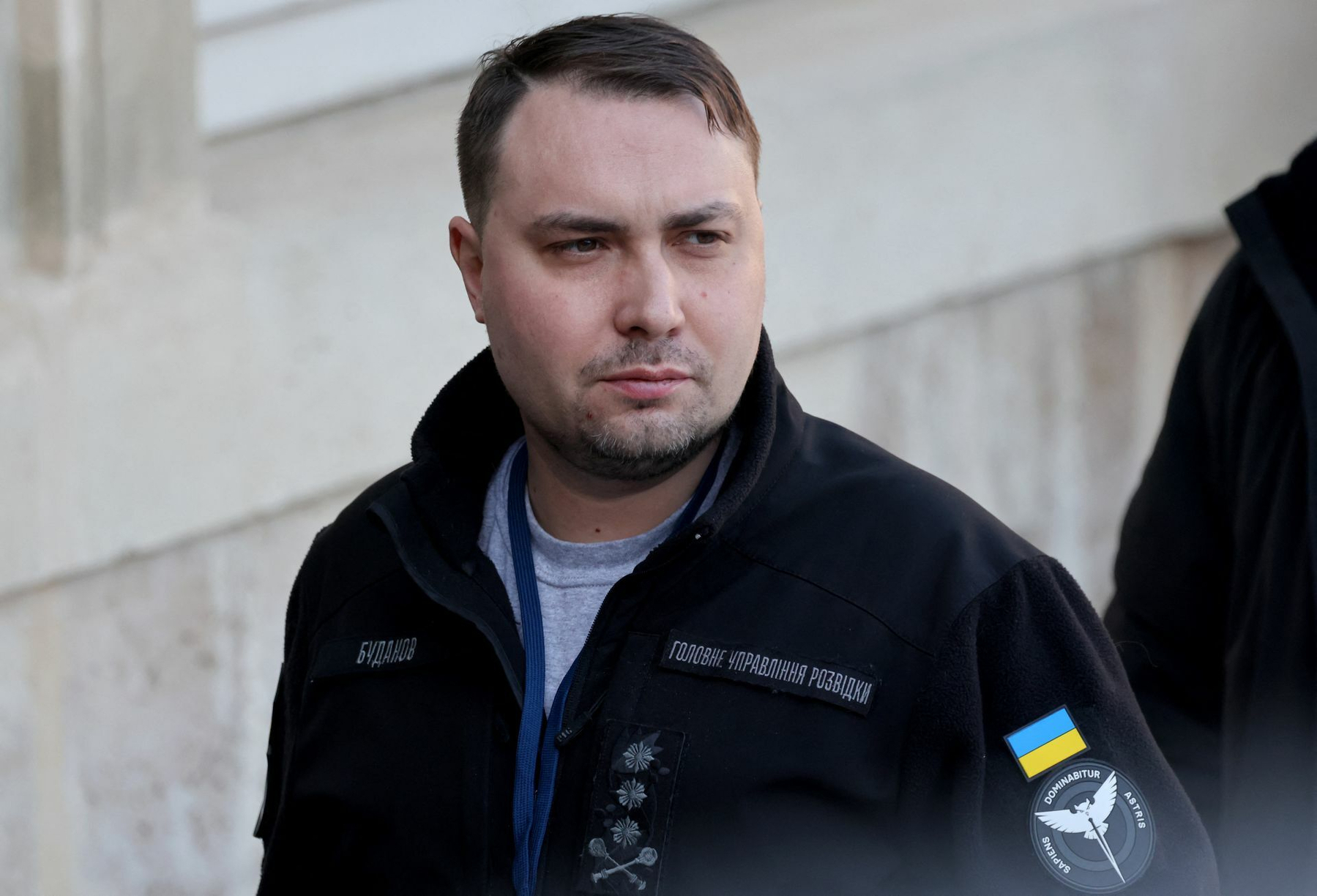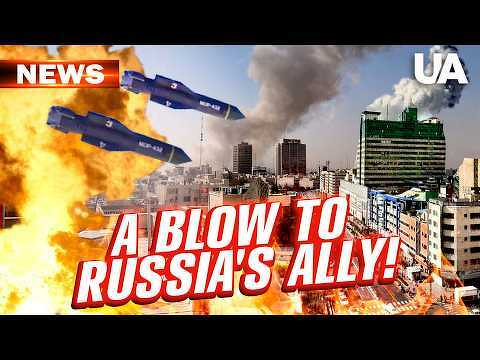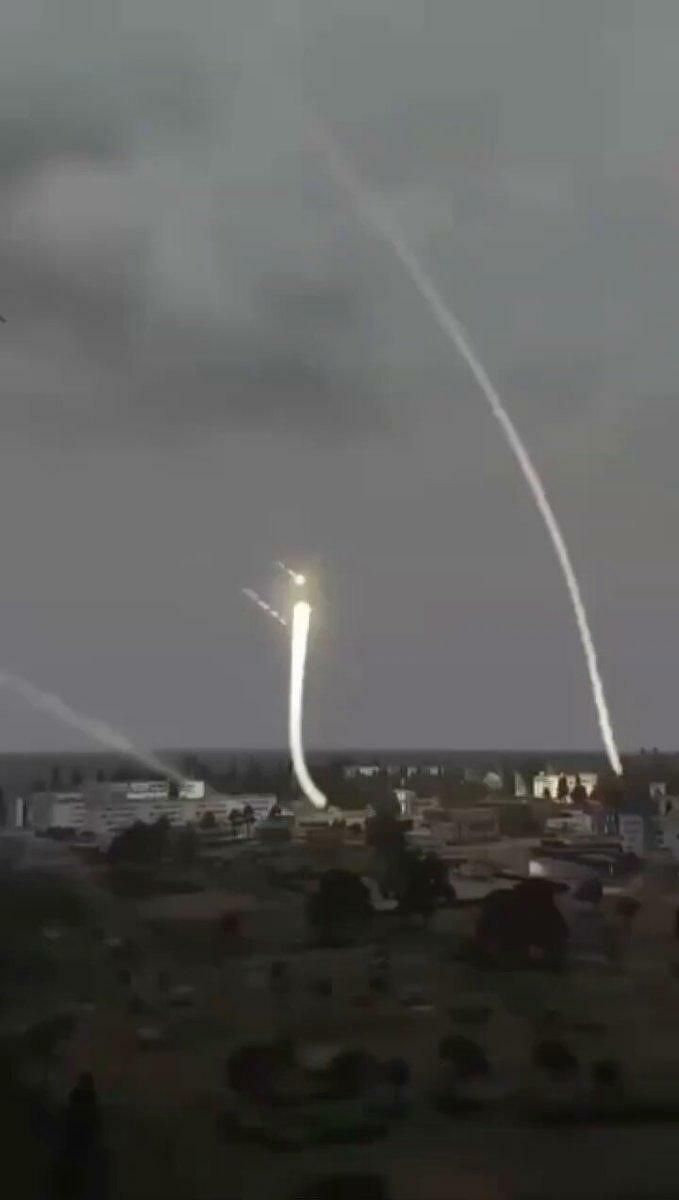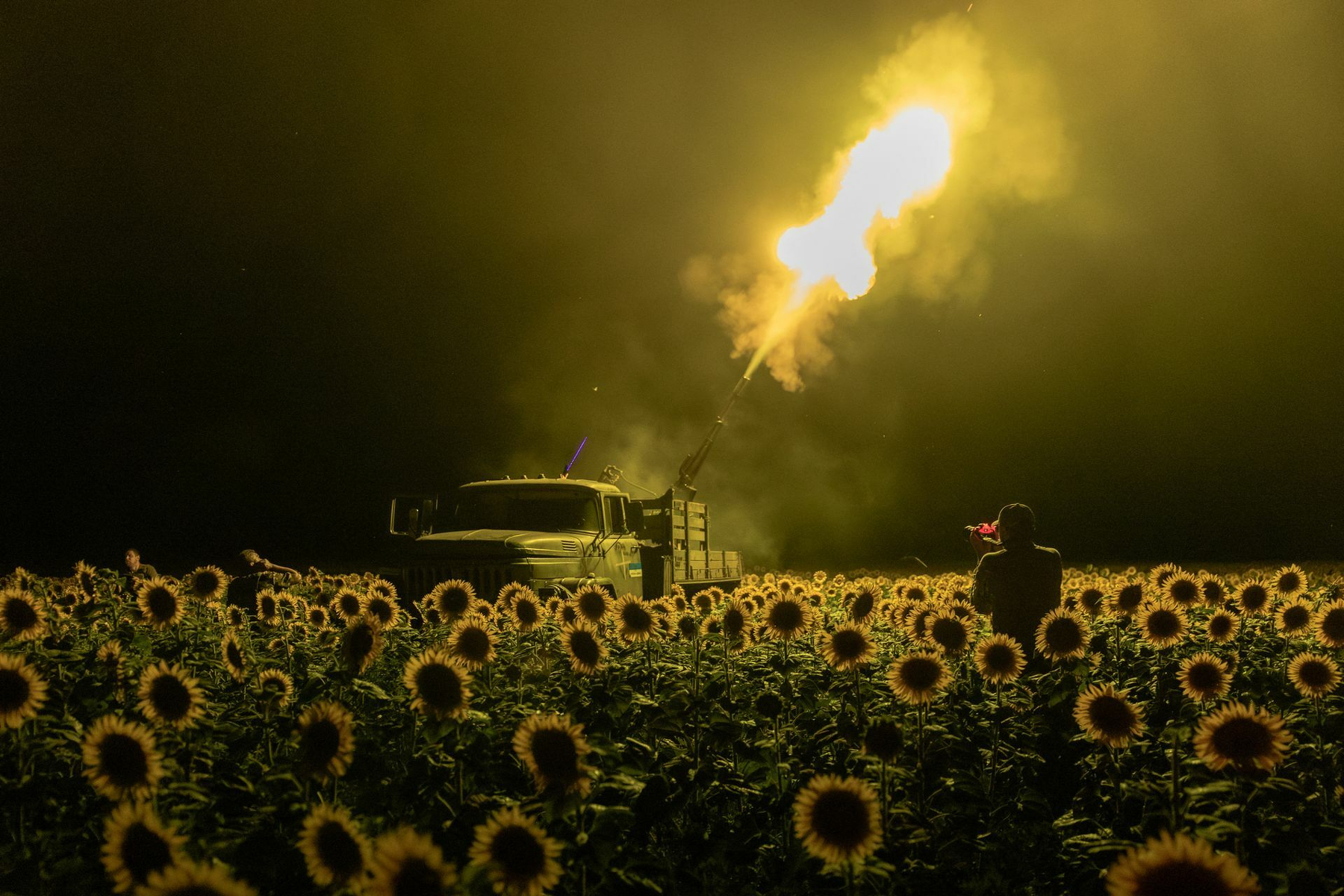
Reading

Spies, Lies, and Algorithms
Amy B. Zegart
Ukraine
Russia
Photos
General Staff: Russia has lost 1,266,770 troops in Ukraine since Feb. 24, 2022
Photos
Middle East tensions surge as Iran vows revenge, launches widespread retaliatory strikes
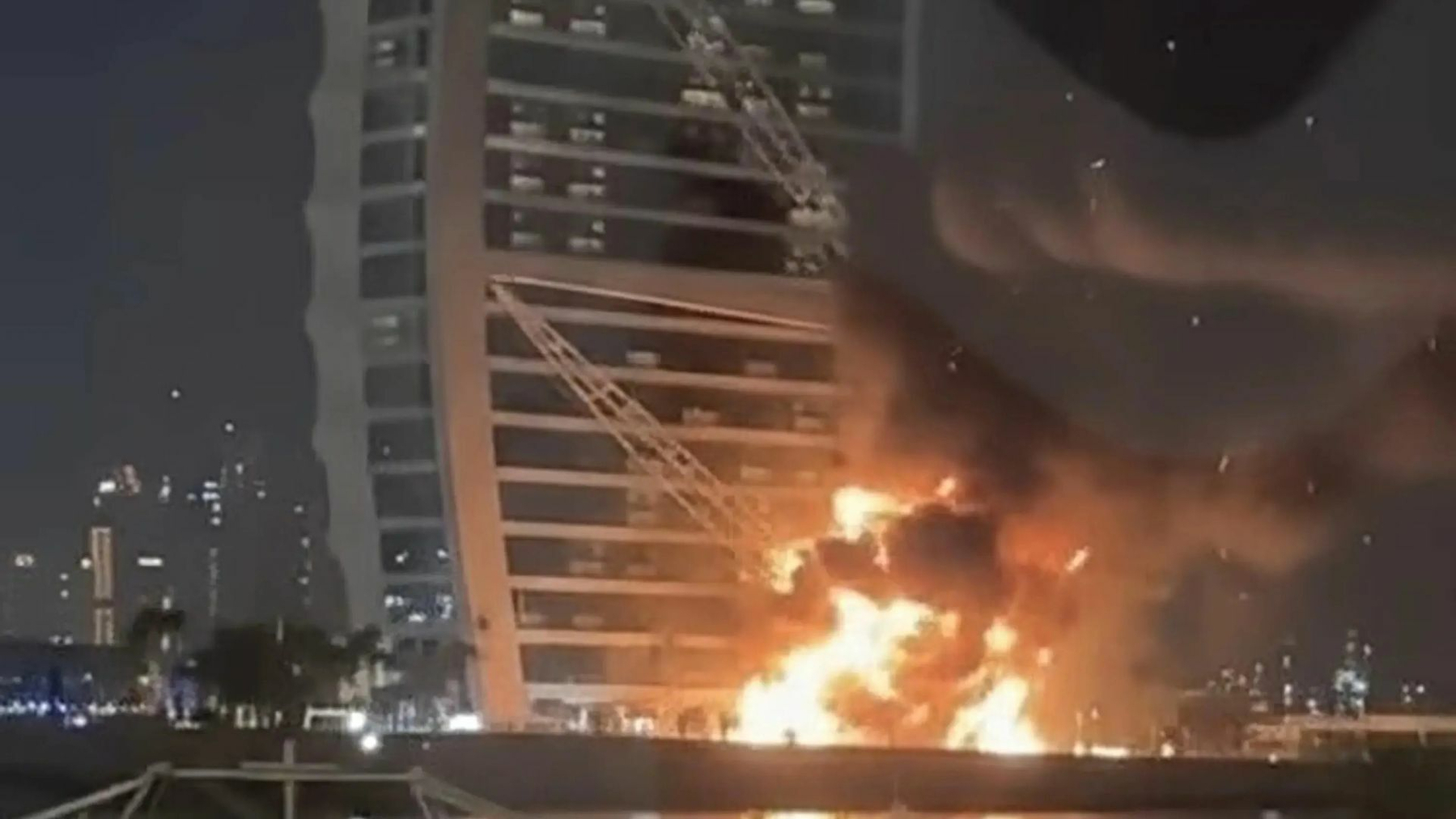
Photos
Fact Check: Iranian Supreme Leader Ayatollah Ali Khamenei Did NOT Address The World After Reports Of His Death
Did Iran's Supreme Leader Ayatollah Ali Khamenei address the world, proving that he is still alive? No, that's not true: The video circulating on social media is from a speech by Khamenei broadcast more than two weeks earlier on Feb. 11, 2026. He …

